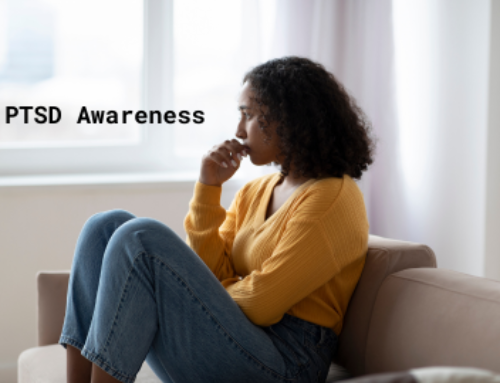Dysthymia: An Unwelcome Guest
At Rochester Holistic Psychiatry, we help with many types of depression. Our Transcranial Magnetic Stimulation therapy is approved by insurance carriers to treat Major Depressive Disorder (MDD) only, but what are the other types of depression? Depression is a blanket term used to describe several disorders that can show some of the same effects and may intersect or be comorbid with another condition.
The National Institute of Mental Health (NIMH) estimates that about 1.5% of adults in the United States suffer with dysthymia. While generally not as severe as MDD, dysthymia shares many of the same symptoms.
What Are the Different Types of Depression?
Depending on where you look, you’ll find different numbers of depression types. Some sources say seven, some say nine, or 12. This list captures the major types well:
- Dysthymia, or Persistent Depressive Disorder
- Major or Clinical Depression
- Psychotic Depression
- Disruptive Mood Dysregulation Disorder (DMDD)
- Seasonal Affective Disorder (SAD)
- Manic Depression, or Bipolar Disorder
- Premenstrual Dysphoric Disorder (PMDD)
- Postpartum or Peripartum Depression (PPD)
- Situational Depression, Adjustment Disorder, or Reactive Depression
- Atypical Depression
Dysthymia Defined
Dysthymia can be described as like a nagging mental cold. Though it is not as severe as MDD, the suffering it produces is just as valid and should be cared for.
Dysthymia can be cyclical in nature, with symptoms lasting for months with a period of lessening severity before getting worse again. Some of the symptoms of dysthymia are:
- Sadness or a low mood most of the time, even when things are going well.
- Not enjoying anything much, even favorite activities.
- Feeling tired, fatigued, or achy.
- Feeling foggy or distracted.
- Changes in appetite and weight gain or loss.
- Feelings of worry and/or guilt, with or without a tangible source.
What Do I Do About Dysthymia?
TMS may only be covered for MDD, but dysthymia can be identified and treated. Treatments for dysthymia may be covered by medical insurance, so be sure to check with your carrier. If you read the list of symptoms and they match what you are experiencing, call your general physician first. It is wise to check out the possibility of illnesses not originating in the brain, such as thyroid disorders.
Your doctor will make recommendations based on their findings, such as medication or attention from a specialist. Be patient with medication, as it may take several weeks to show results, and we encourage using psychotherapy to help you work through any underlying trauma and negative thought patterns. Acknowledge your emotions, confide in your loved ones, and as always, be kind to yourself.





